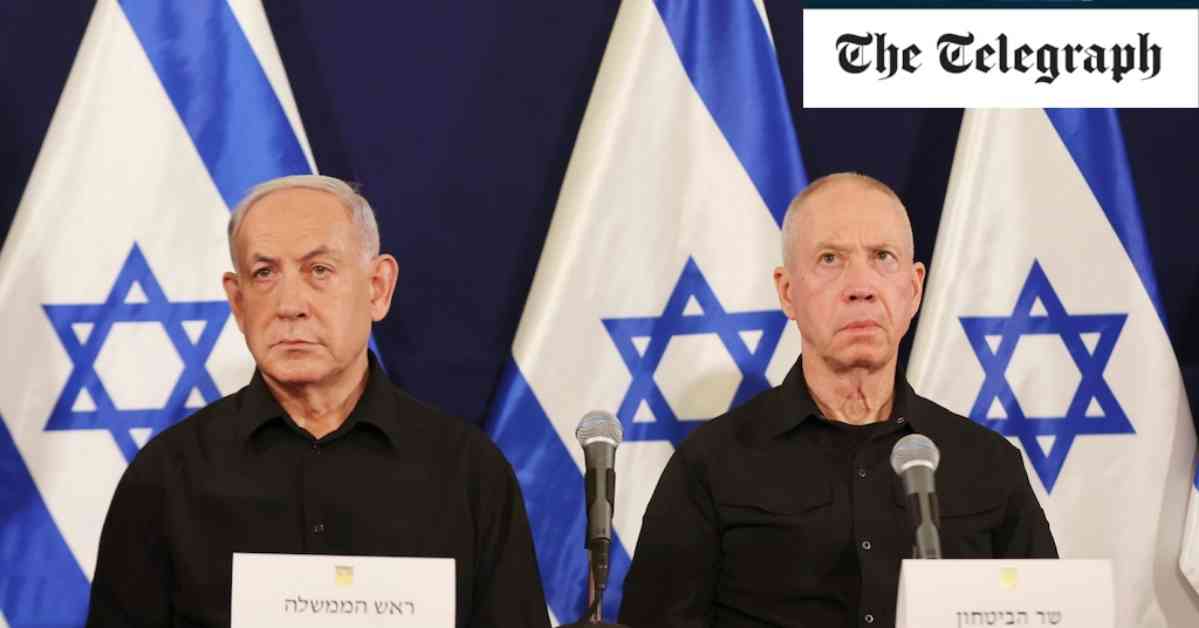Diplomatic Efforts to Prevent Full-Scale War in the Middle East
Amid escalating tensions between Israel and Iran, diplomatic efforts are underway to prevent a full-scale war in the Middle East. Global Health Editor Paul Nuki reports from Tel Aviv on the mammoth task of averting a potentially devastating conflict. As traditional alliances and alignments evolve in the 21st century, the region finds itself at a critical juncture where the slightest miscalculation could have catastrophic consequences.
Ukraine’s Incursion into Russia: Analysis and Updates
Associate Editor Dominic Nicholls provides insight into Ukraine’s recent operation in Kursk, marking the first foreign incursion into Russia since the Second World War. This bold move has the potential to tip the balance of the conflict in Ukraine and reshape the geopolitical landscape of Eastern Europe. As tensions rise between nation states across the globe, this development underscores the complex and interconnected nature of modern warfare.
As the world grapples with ongoing conflicts in Europe, the Middle East, and beyond, the need for effective diplomacy and strategic decision-making has never been more pressing. The international security architecture is facing unprecedented challenges, with insurgencies, political unrest, and territorial disputes threatening to destabilize regions across the globe. In this volatile environment, the role of diplomacy in preventing full-scale war and promoting peaceful resolutions cannot be underestimated.
Challenges and Opportunities for Diplomatic Resolution
The current standoff between Israel and Iran highlights the delicate balance of power in the Middle East and the high stakes involved in resolving regional conflicts. As diplomatic efforts intensify, world leaders are faced with the daunting task of finding common ground and de-escalating tensions before they spiral out of control. The consequences of a full-scale war in the region would be catastrophic, not only for the countries directly involved but for the entire global community.
Similarly, Ukraine’s incursion into Russia has opened up a new front in the ongoing conflict in Eastern Europe. The implications of this bold move are far-reaching, with the potential to shift the dynamics of the conflict and draw other major powers into the fray. As Ukraine seeks to assert its sovereignty and push back against Russian aggression, the international community must carefully navigate the complexities of the situation to prevent further escalation and bloodshed.
The Role of Diplomacy in Crisis Management
In the face of mounting tensions and shifting alliances, the importance of diplomacy in crisis management cannot be overstated. Effective communication, negotiation, and conflict resolution are essential tools for preventing conflicts from spiraling out of control and finding peaceful solutions to complex geopolitical challenges. As world leaders engage in high-stakes diplomacy to avert full-scale war and promote stability, the need for skilled diplomats and strategic thinkers has never been greater.
As the world navigates a complex and ever-changing geopolitical landscape, the challenges of conflict resolution and crisis management loom large. The ability to defuse tensions, build consensus, and forge lasting peace agreements is essential for maintaining global stability and security. In an era of increasing uncertainty and volatility, the role of diplomacy in averting full-scale war and promoting peaceful resolutions is more crucial than ever before.












